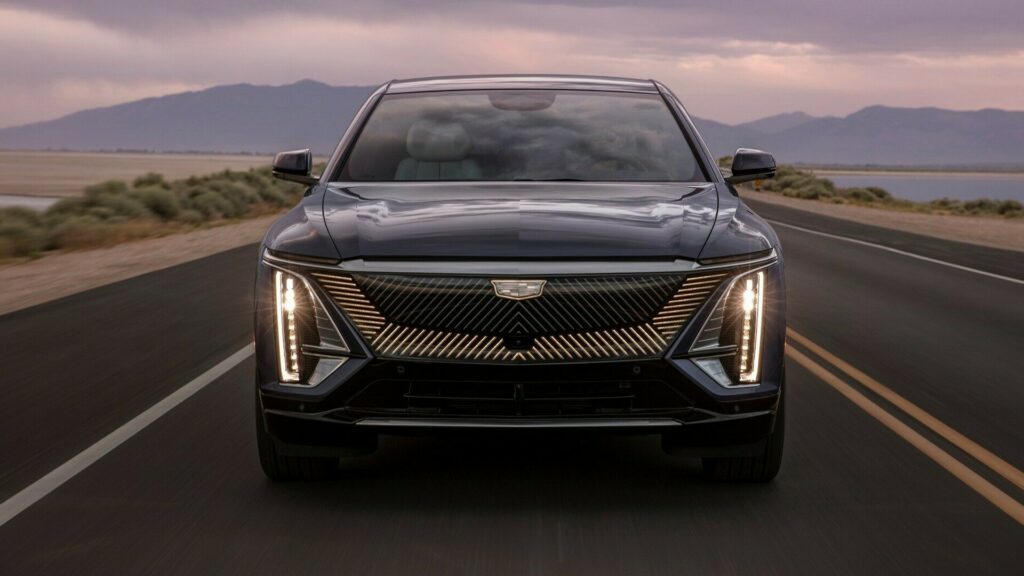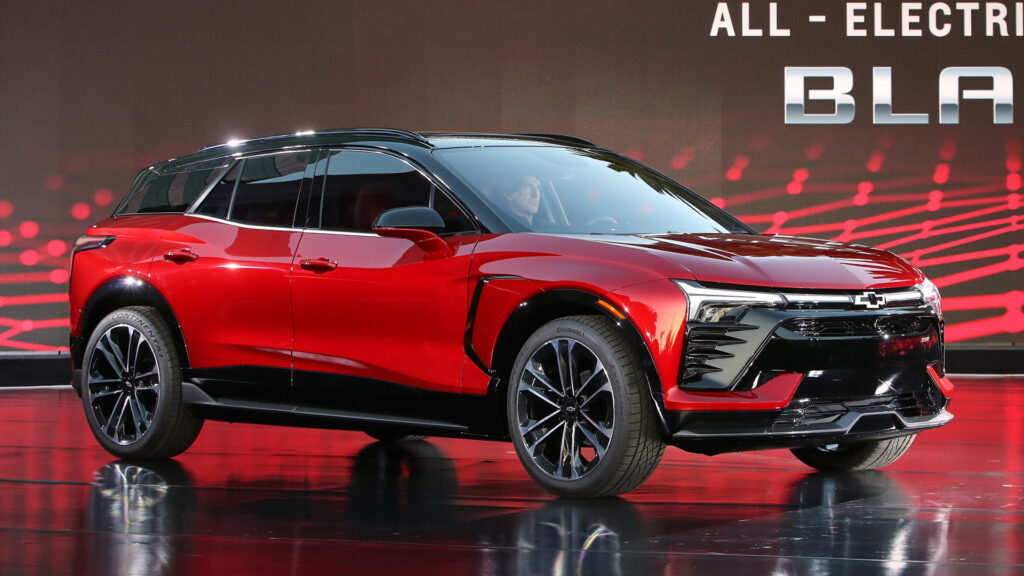General Motors president Mark Ruess believes that the car manufacturer’s electric vehicles will become profitable past 2025 thanks in large part to the use of the Ultium platform underpinning its EVs.
While recently speaking at the Automotive News Congress in Detroit, Michigan, Reuss noted the car manufacturer produced 50,000 EVs in North America in the first half of the year and is aiming to build 100,000 in the second half.
“As some of these things come online, you’re going to see profitable EVs, and that comes from doing our architectures from the ground up for batteries and not retrofitting things that were internal combustion,” he said. “That’s the opportunity. We’re just unlocking it right now. I think when you get past ’25, you’re going to start seeing that.”
Read: General Motors Promises To Ramp Up EV Production After Slow First Half Of 2023

Reuss was keen to point out to Auto News that it was not President Joe Biden’s Inflation Reduction Act (IRA) that prompted GM to prioritize the development and production of EVs and their platforms in North America. He says that GM made the call to underpin all its future EVs with the Ultium platform four years ago and that this puts it on a path to profitability.
“Four years ago, when we made the decision to do what we’re doing in our portfolio and our plants, there was no IRA,” he said. “So the mission has been: We’re going to be profitable, we’re going to do it through scale, we’re going to do our cell plants and partnerships.”
It is not just the Ultium platform that is proving beneficial. GM has inked important battery deals with LG Energy Solution and Samsung SDI, committing to building four EV battery plants. The firm says it should have built some 400,000 EVs by the middle of 2024 and have the capacity to produce 1 million annually from 2025.




